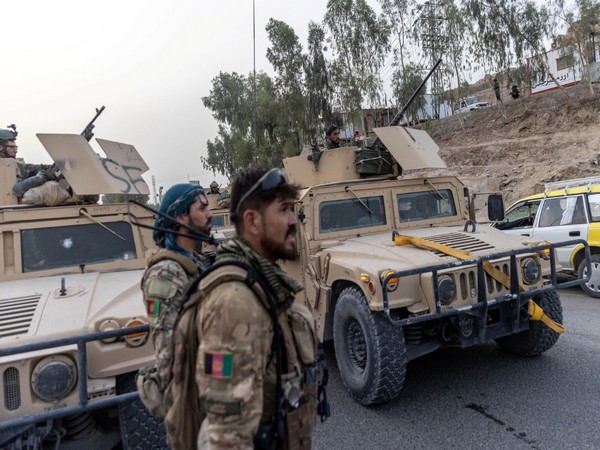
Afghanistan of 2021 is Not the Afghanistan of 1996
Wed, 11 Aug 2021 | Reading Time: 5 minutes

Afghanistan of 2021 is not the Afghanistan of 1996
Major Sunil Shetty (Retd)
People, leaders & institutions and aspirations have rallied under one national Flag
The last two weeks saw the emergence of a new Afghanistan which is confident and united in its resolve to be the master of its destiny.
Are we witnessing the birth of a country that wants to become self-reliant, at least on the security front? Both at home and aboard, Afghans are rallying around its elected leadership, security forces, and government institutions. They have gotten their acts together as Afghans- no more divided by region or ethnicity. And, this augurs well for the country.
To the surprise of many in the region and probably the US, Afghan National Defense Forces (ANDSF) has not abandoned its duty & responsibilities. On the contrary, it has pushed back Taliban terrorists from critical areas and further prevented important cities and towns from falling into the hands of Pakistani proxies.
Though the Taliban has declared that it controls 80 per cent of Afghan land, a claim disputed by the elected government in Kabul, the area under the militia control is barren land and sparsely inhabited; thus, these territories offer no direct strategic value in the outcome of the ongoing Afghan-Pak war.
Pakistan and its proxies had assumed that as soon as the US troops pull out, the ANDSF will disintegrate, infighting among ethnic leaders will erupt- leading to the total collapse of Afghanistan, and then the Taliban, as it did in the late 90s, will take control and establish a regime backed by ISI and Pakistan Army. Well, this Pakistani hypothesis has fallen flat and for a plethora of good reasons. So let us check what is keeping Afghanistan from slipping as it did during the civil war of the 90s.
Afghanistan 2021 is not Afghanistan 1996
The fall of Afghanistan in 1996 and the establishment of the proxy Pakistan regime lead by the Taliban was possible due to multiple reasons, namely- infighting among regional commanders had weakened ANA by splitting its resources. In addition, the US support against the Soviet occupation of Afghanistan meant an unlimited supply of resources to the Mujahedeen.
The ordinary Afghans were fatigued with the three-decades-long civil war and wanted an end to it. Thus, when the Pakistani backed fanatic mullah protected Mujahideen as the saviours, largely uneducated Afghans welcomed them with open arms, believing that they would protect their interests. But that wasn’t the case.
As soon as the Taliban took control of Afghanistan – the first Pakistani act was to loot its resources and destroy the infrastructure. Going by the local accounts that I heard during my stay in Afghanistan, for months, Pakistani looters chopped and smuggled out huge pine trees, some over 100 years old. Kabul had electric buses in the 90s- the looters took away cables, electric poles. They even bombed new buses, civilian and military aircraft for scraps. Afghans also narrate how young women were abducted and taken away by “Pakistani pimps” to Karachi and Islamabad.
In the ongoing Afghan- Pak war – the Taliban have made their true intent clear by looting Afghan assets and destroying resources in areas held by them. Thus, Afghans surely recognise- the terror and repression, Pakistan will unleash across the length and breadth of Afghanistan, through its proxies, if their country falters again this time.
What are the differentiating factors between 2021 and 1996 Afghanistan?
Regional commanders and former leaders are united against the common enemy:
After serving stints within elected governments since 2001, most erstwhile regional commanders have gracefully retired in their respective areas. For a large part since 2001, these leaders didn’t interfere in the rule from Kabul; many were part of a democratically elected government. In fact, the country witnessed a peaceful transition of power from Karzai to President Ghani. Thus, it is safe to rule out regional leaders, especially former military commanders fighting against each other as they did in the 90s. Instead, powerful leaders such as former Governor and Mujaheed commander Ismail Khan from Herat and Afghan former Vice President Marshal Abdul Rashid Dostum from Sheberghan, former Afghanistan President Hamid Karzai and elders have rallied behind the current Afghan government.
While Marshal Dostum vouched to defend his people with the last drop of his blood, Ismail was “back again on the front lines to fend off the Taliban advance.”
Their united front, both on the military and political front, augurs well for the country, which will be difficult to breach for the Taliban.
ANDSF is fighting as a national Force:
The ANDSF is largely a professional force now, more Afghan than ever before. Moreover, they are fighting the Taliban as a national army and not as an army belonging to a local or regional commander, a major difference from the 90s.
The ANDSF’s ability to hold ground and push back the Taliban has instilled hope among Afghans. The immediate positive impact was- hundreds of Afghans took to streets in major towns and cities of Afghanistan, shouting Allah-o-Akbar in a show of support for the ANDSF.
Diplomatic offensive and support:
Afghan diplomacy has matured with time. At the request of Afghanistan Foreign Minister Mohammed Haneef Atmar, the UN Security Council convened an emergency session on Afghanistan. Afghan leaders and diplomats have rallied support from the international community. Their diplomatic offensive has galvanised Security Council “members to call for an end to the violence and hostilities” and also “helped reveal to the outside world the dire situation facing the war-torn country.”
Expats Afghans an invisible diplomatic force:
Millions of Afghans live across the globe, mostly in the US, Canada and EU. They have been demonstrating against violence perpetrated on women, children and government entities by Pakistan and its proxies. The expat Afghans are an invisible diplomatic force, and they can influence governments in their adopted countries.
Longing for a homeland:
Many years ago, during a private gathering of elite Afghans in Dubai, a billionaire became emotional and wondered if his children would ever visit his ancestors land and get the first-hand experience of its culture and traditions. And, his apprehension was shared by many in the room. I have heard similar emotional bursts from across the Afghan society.
The Afghans are longing for a home – that is peaceful, safe, and secured for themselves and their future generations.
Afghan watchers like me, who have lived in the country and had the opportunity to work alongside ANDSF, government and especially the young Afghans, can vouch for one thing. Afghans want a homeland where they are masters.
Millennial Afghans have tasted freedom:
Largely due to the presence and support of the international community, Afghans born during the last two decades and those in their 40s have experienced a life that their parents never dreamt of. Thanks to technology, most Afghans are one with the world and not stuck in some time capsule. They will not trade it with their lifestyle. They will rather defend it. A case in point is Afghan children taking to the street and shouting Allah-o-Akbar in support of ANDSF. Some may point to the fact that this show of support is limited to cities. Nonetheless – it is a voice the international community can’t ignore and should respect because they gave Afghans a taste of democracy.
Social Media documenting atrocities:
Thanks to social media, Taliban atrocities are no more hidden. The world has to stand up and take action either today or tomorrow. Sooner the better for the sake of thousands of women, children and young girls.
The global powers cannot term the ongoing conflict as “Civil War.” Afghanistan is fighting a proxy war unleashed by Pakistan. This is not a CIVIL War! – It is Afghan-Pak War, and it is up to the global powers to make Pakistan pay for it.
***********
Author

Major Sunil Shetty, SM (Retd), is a veteran, journalist, entrepreneur, and startup evangelist. He was a US military contractor who successfully implemented numerous projects funded by the US government in support of ANDSF between 2003-2014. He is the founder of My Startup TV, an online channel for startups and MSMEs.
Disclaimer
The opinions expressed in this article are the author’s own and do not reflect the views of Chanakya Forum. All information provided in this article including timeliness, completeness, accuracy, suitability or validity of information referenced therein, is the sole responsibility of the author. www.chanakyaforum.com does not assume any responsibility for the same.
Chanakya Forum is now on . Click here to join our channel (@ChanakyaForum) and stay updated with the latest headlines and articles.
Important
We work round the clock to bring you the finest articles and updates from around the world. There is a team that works tirelessly to ensure that you have a seamless reading experience. But all this costs money. Please support us so that we keep doing what we do best. Happy Reading
Support Us





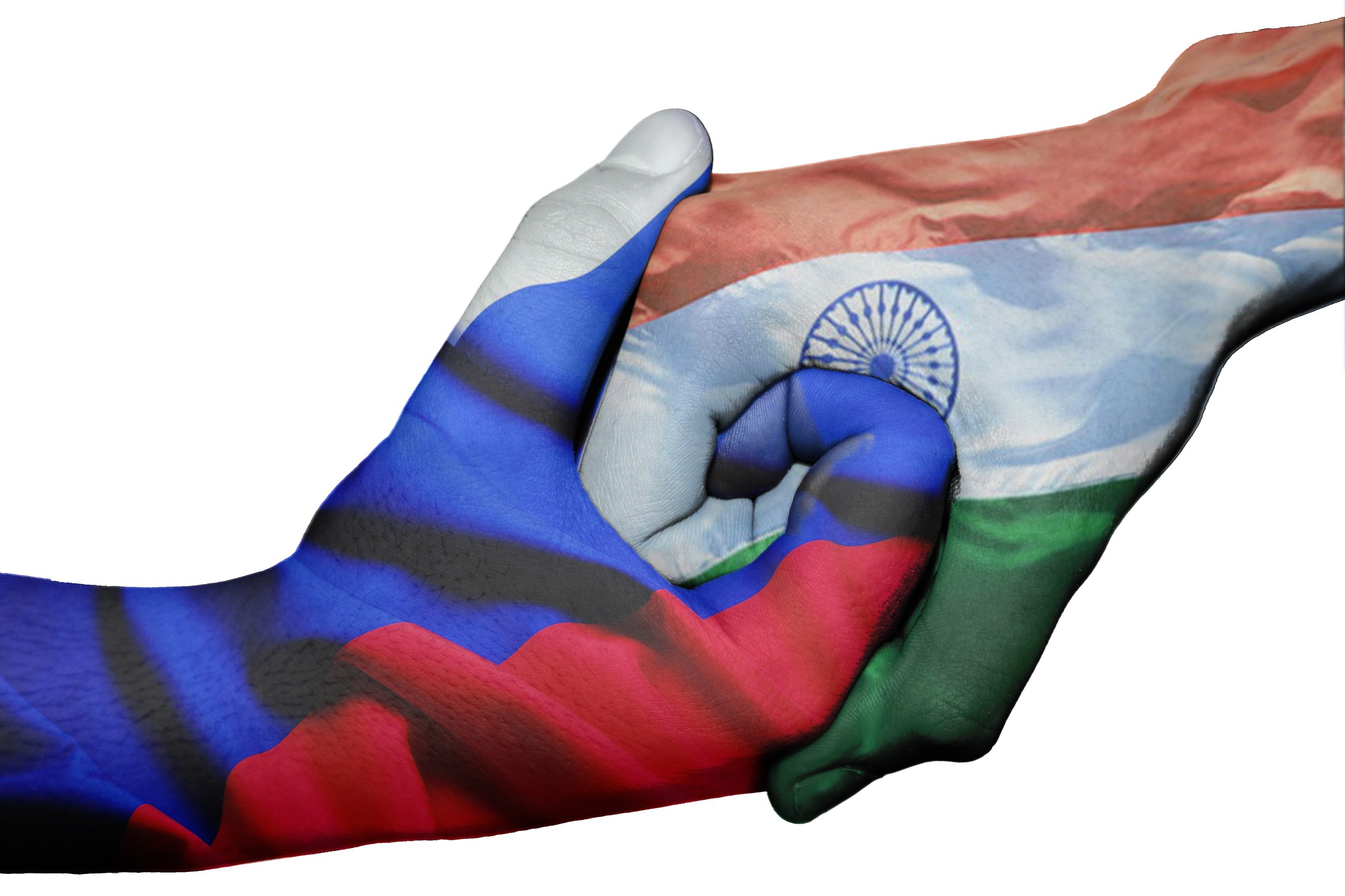
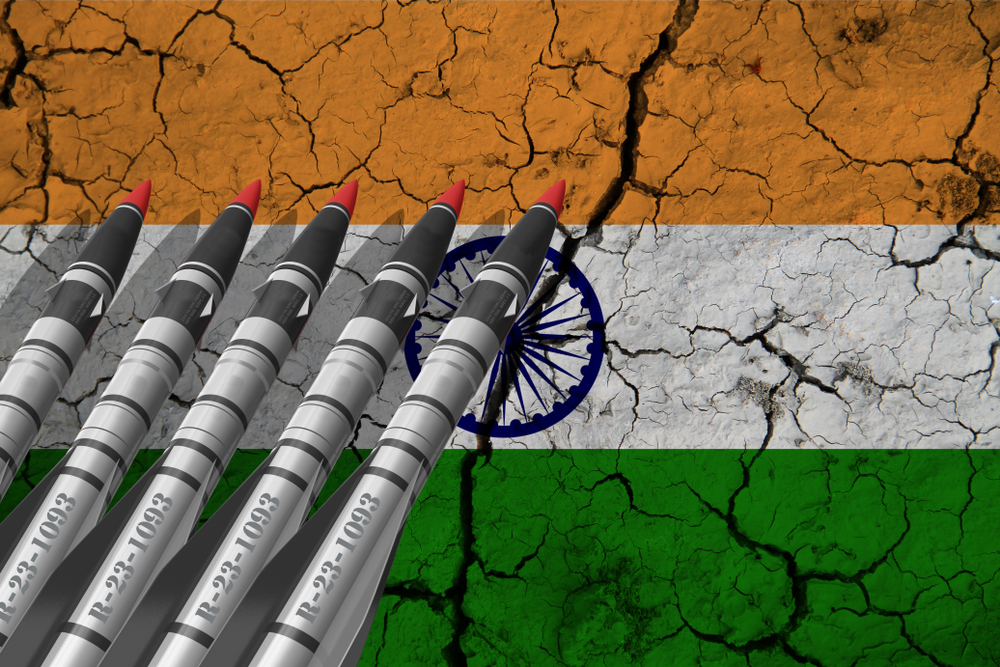
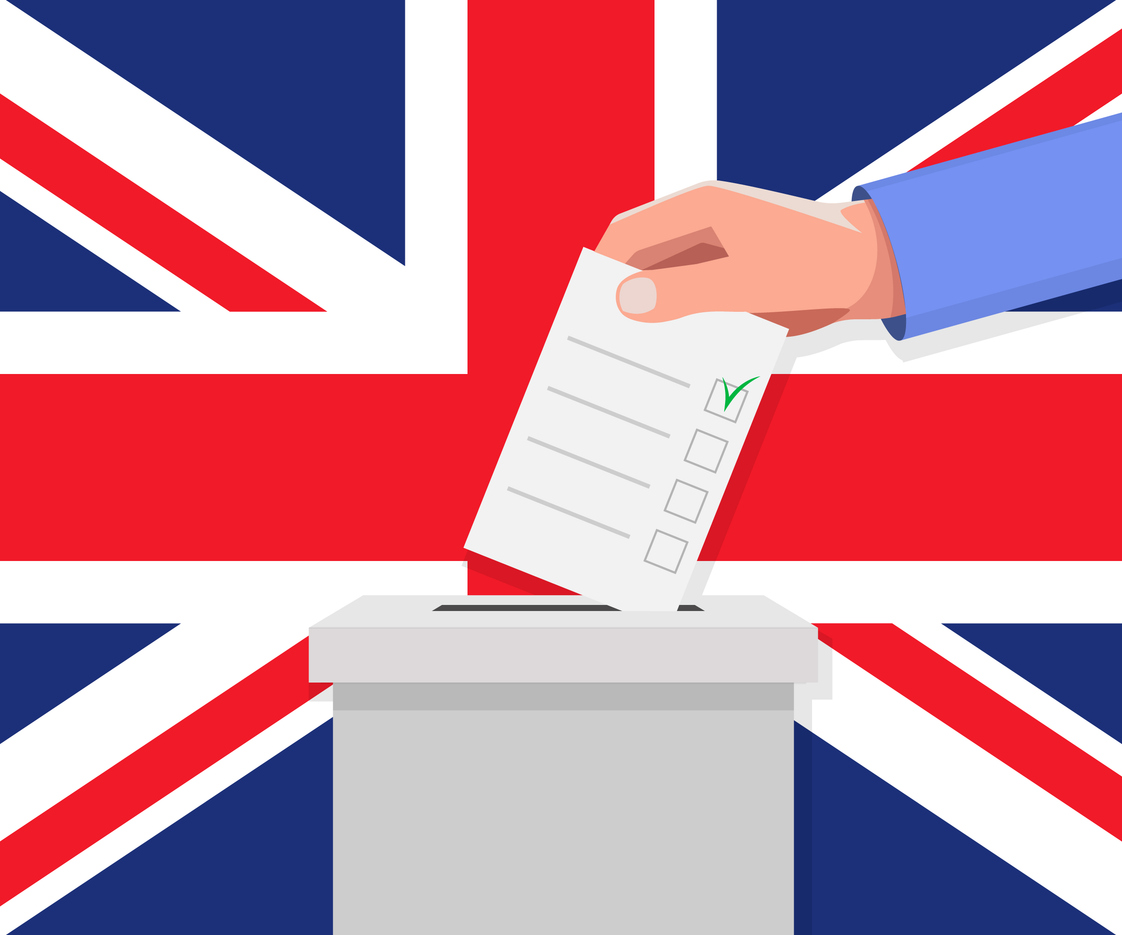
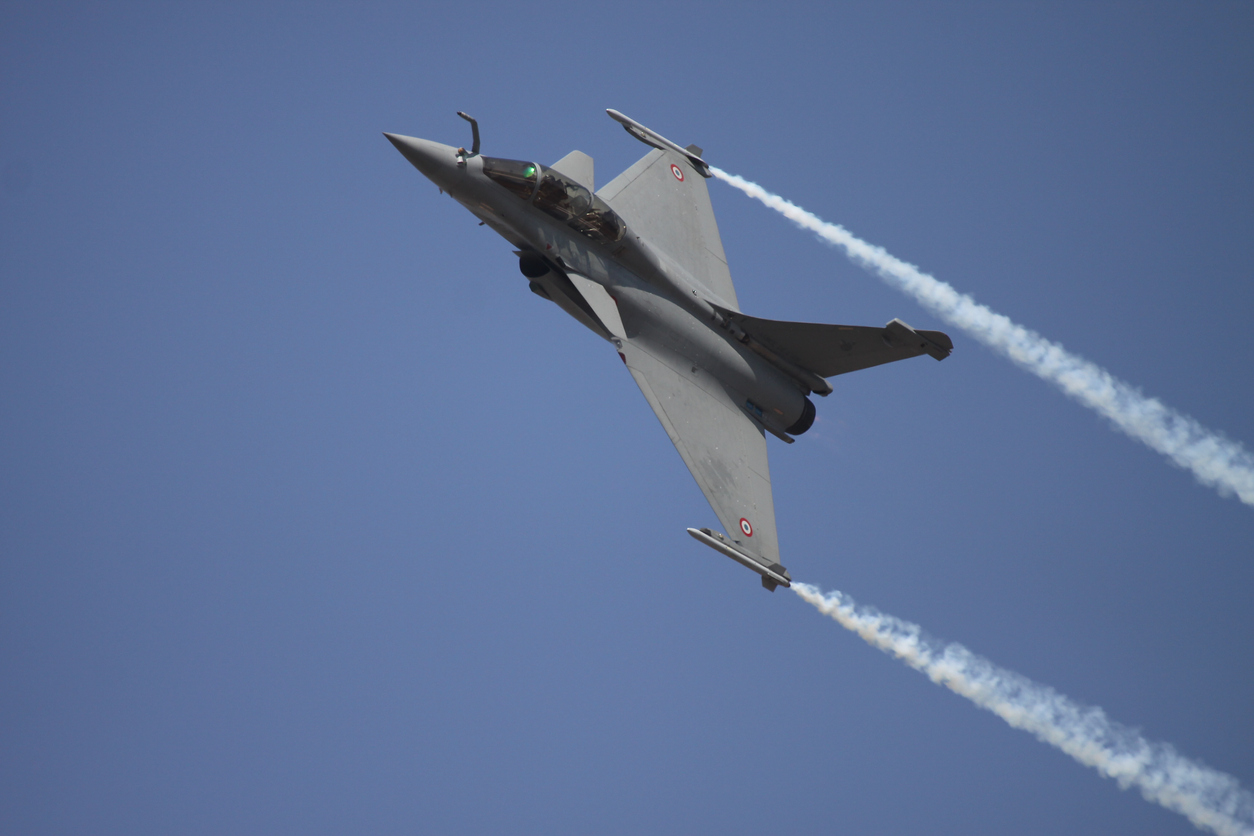
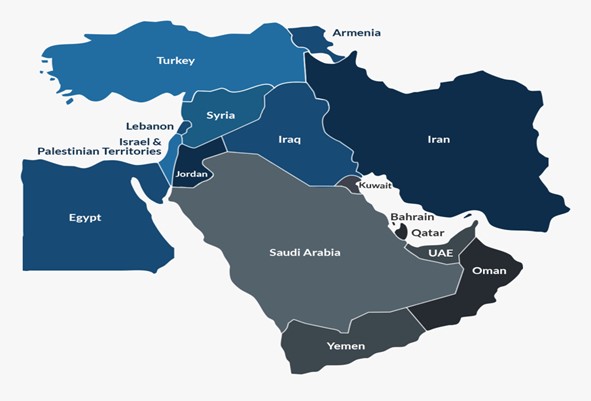
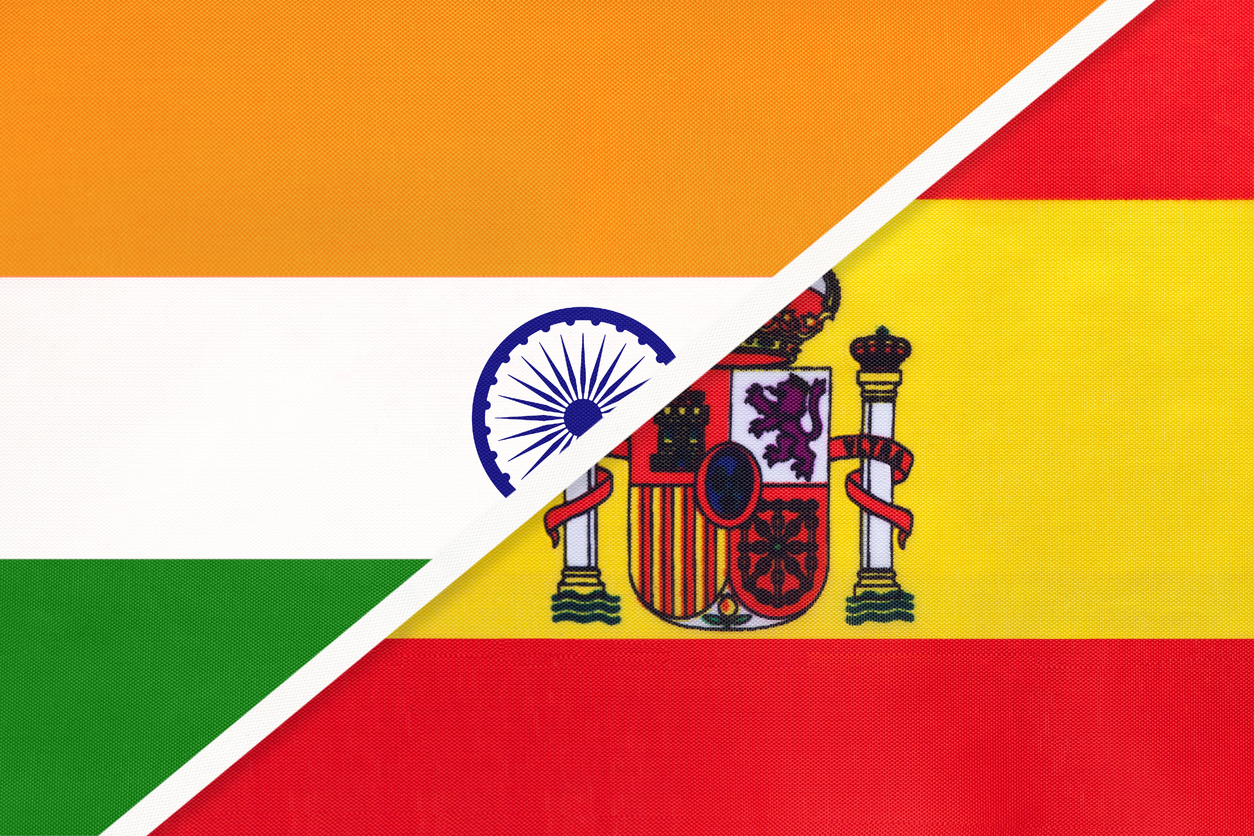
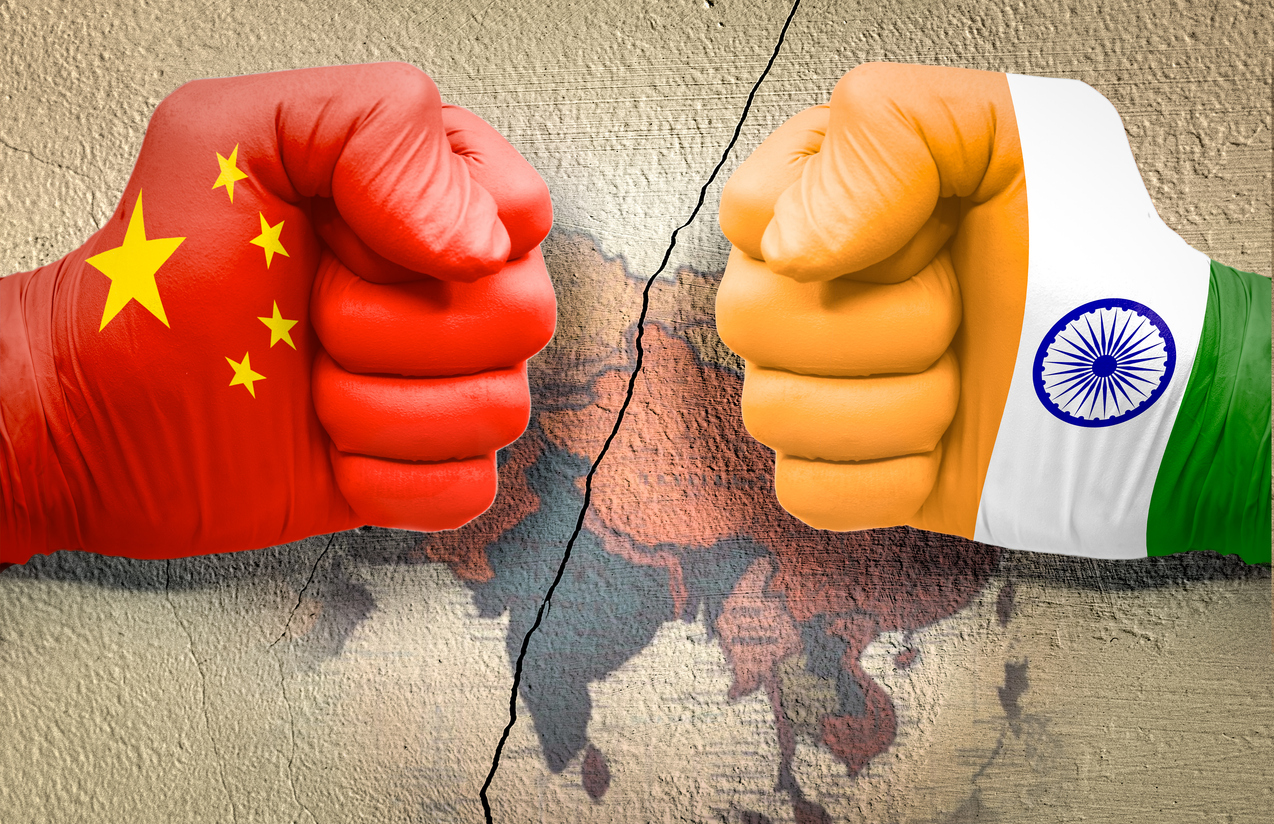
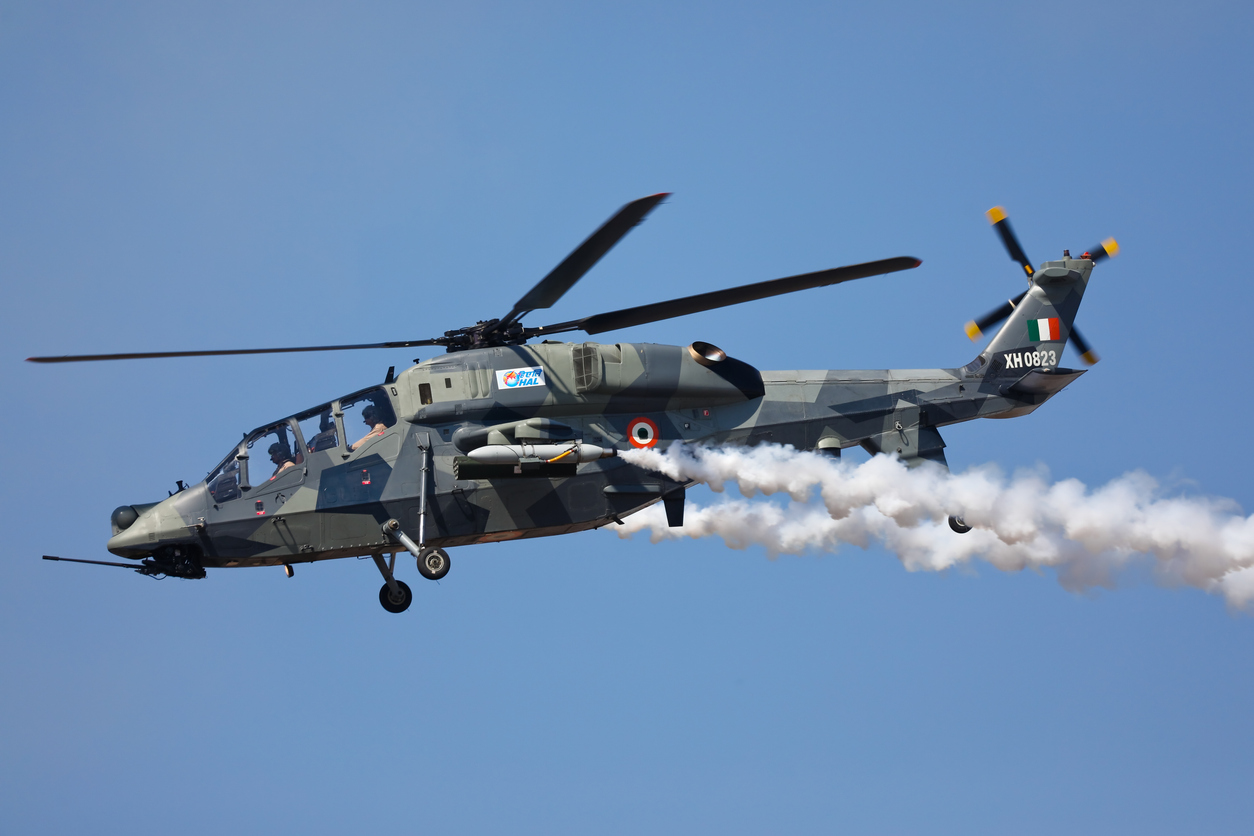
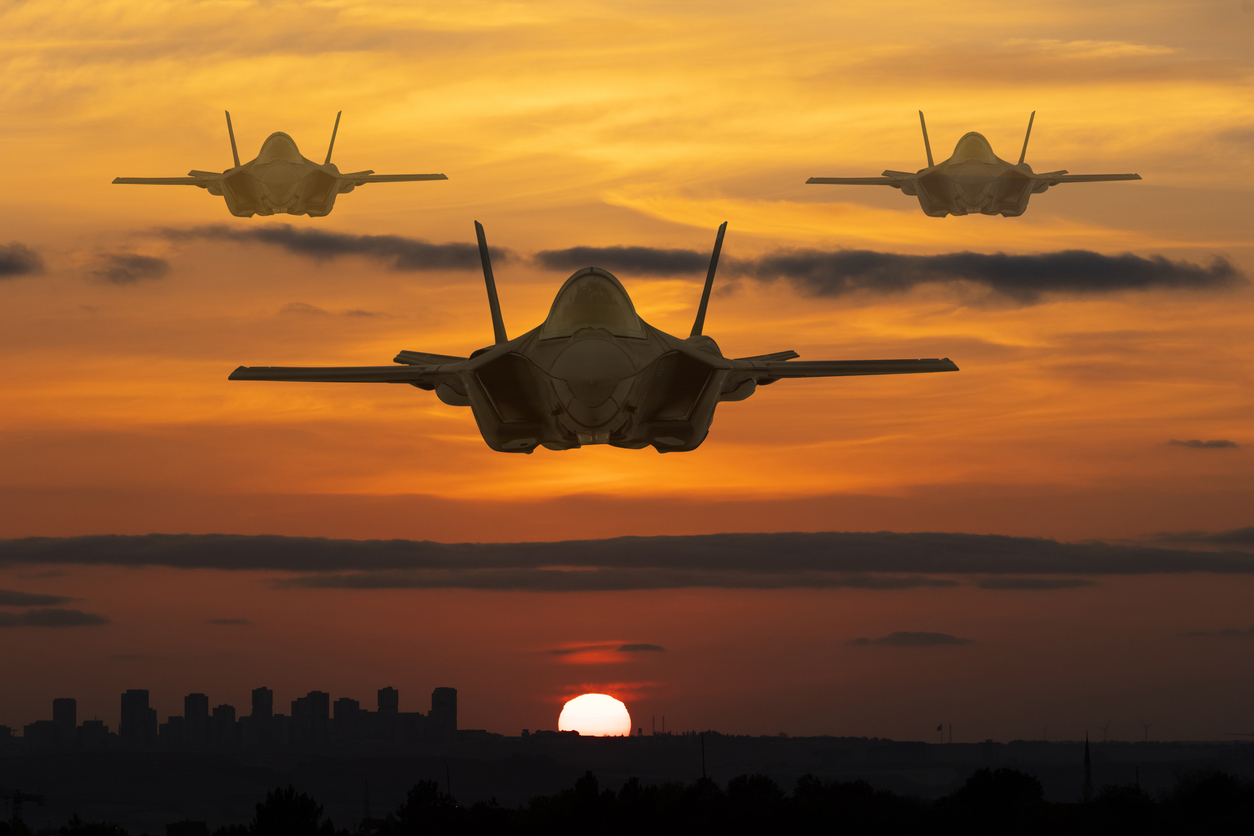






POST COMMENTS (2)
Ritvik Pande
ASHOK IYER